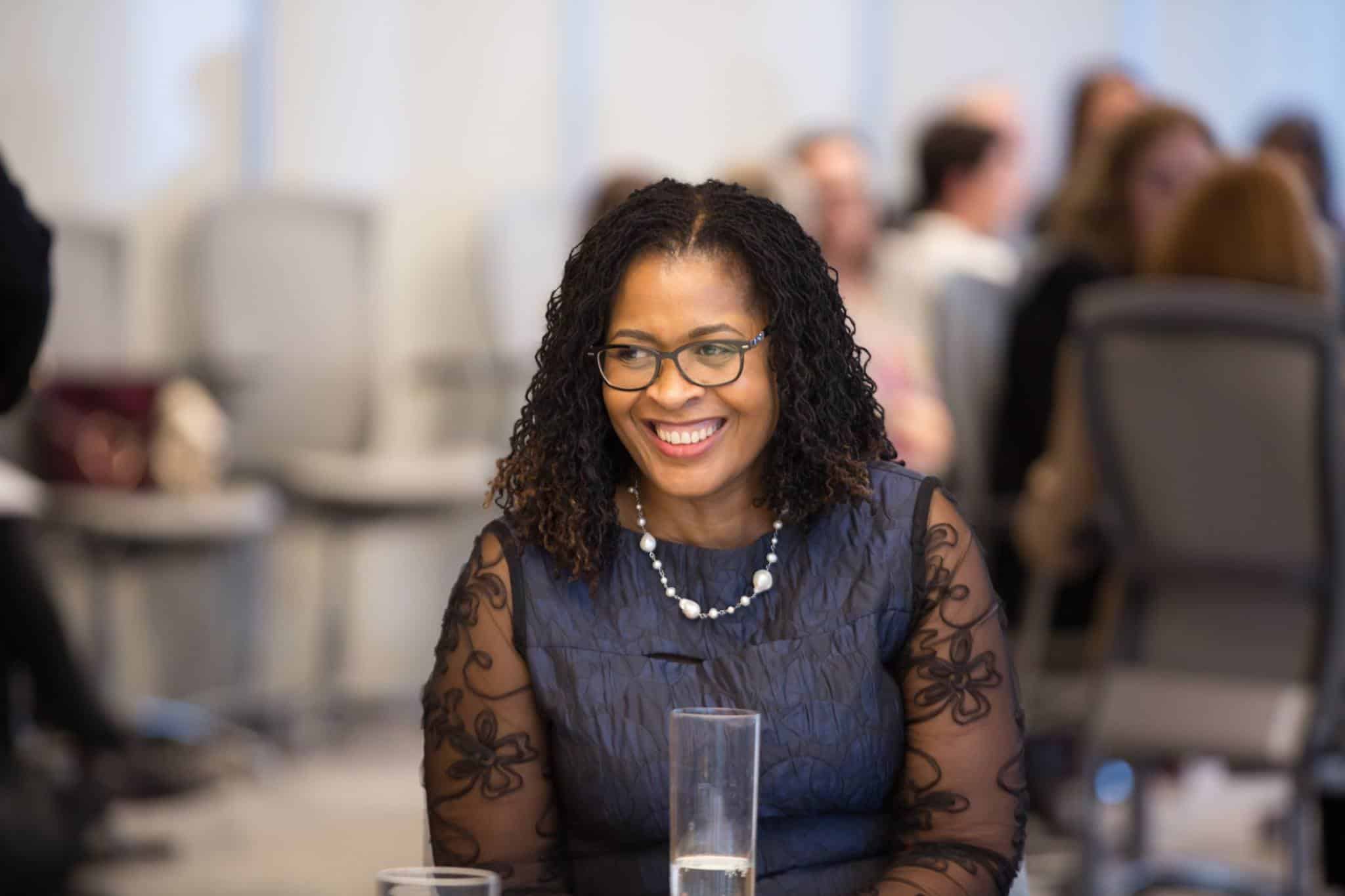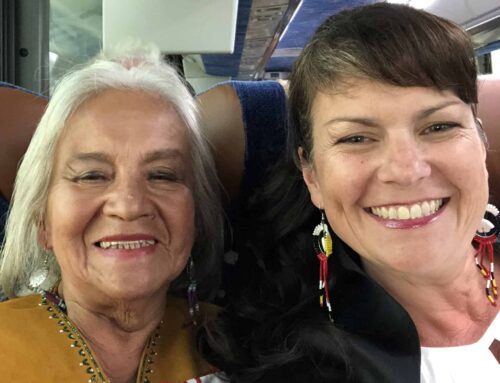Like many mothers, my son will take me out for Mother’s Day. He does it every year and I love these special shared moments with him. He always thanks me for raising him, but the truth is that I can’t help but feel grateful for the man he has become. He’s loving, smart, ambitious, and—importantly—respectful to women. I’m so proud of the person I have helped shape him into.
My son is a full-grown adult now. It’s easy to remember the process of raising him with nostalgic “motherhood glasses”. But when I think about it accurately, warts and all, it was by no means a given that he would turn out this way. Being the primary caregiver to a child might be the most common thing in the world, but successfully preparing children to grow into healthy, well-functioning, community- and civically-engaged adults is not an ordinary task. Forget that myth of natural motherhood. It’s a deliberate process. It takes real resources, time, energy and money, and I’ll be honest: it was hard. It took a lot out of me.
I raised my son intentionally. As a mother, I worked hard to provide him with every opportunity, to nurture his body, mind, and soul to the fullest. It’s a tough calling for any parent or caregiver to prepare a new baby for balanced adulthood. In Canada, it’s especially tough for racialized mothers and caregivers like me, including Indigenous mothers and mothers of colour.
We expect racialized mothers to function well, but look at the context they’re in.“Visible minority” women and Indigenous women earn less than non-visible minority and non-Indigenous women and are more likely to live in lower-income situations. Black women in Ontario are more likely than white women to be unemployed or underemployed, despite their higher levels of education. And while the gender pay gap persists for women across Canada, it’s worse for Indigenous and racialized women. For example, Indigenous women working full-time, full year earn an average of 35% less than non-Indigenous men.
The barriers are not only economic. Visible minority women report high rates of discrimination. That holds true even if they were born in Canada. Indigenous women are victimized more often than other populations, and this goes for all types of violent crimes including sexual assault. Racialized women are often targets of abuse and discrimination.
This is obviously terrible for our health. Collection of race-based data is limited, but significant associations have been found between poor health and experiences of both systemic and interpersonal racism. Reasons for this include economic and social deprivation; trauma caused by behaviours ranging from threats to physical violence; inadequate medical care; and alienation from land and traditional economies.
How can Indigenous mothers and mothers of colour thrive and be the best they possibly can be for the benefit of their children? When they make less money, how will they afford things like childcare, nutritious food, and adequate housing? Even when another caregiver can help with expenses, we’re still at a significant disadvantage, facing the cumulative mental, emotional, and physical consequences of a lifetime of discrimination. And, all too often, the institutions that are supposed to help parents and kids have a nasty history of negatively targeting racialized people. We only have to look at Canada’s child welfare systems and their historical treatment of impoverished families and Indigenous and Black families as an example. It would be easy for Indigenous mothers and mothers of colour to feel demoralized.
Please don’t let me give the impression that racialized mothers are helpless. They are resilient. They routinely do remarkable things for the benefit of their children, even in the fire. I myself have experienced so many joys of motherhood and I’m thankful for the home Canada is to settlers like me, coming here from all around the world. I have received many opportunities and I’m grateful that I get to fight for the rights of women and girls across the country.
Still, our society has all too often banked on the resilience and strength of racialized mothers, sometimes ignoring them, sometimes taking them for granted. It’s time we do better by them and aim to ease their pressures. We can’t pretend that they don’t face these barriers anymore. The evidence is clear and the stakes are high. They need real opportunities and equitable pay. They need real accountability from the institutions and systems that are supposed to help them. In part, that means committing to collecting race-based and gender-based data so we can improve practices, grounded in the evidence. And we need more racialized women in government and leadership positions so our needs aren’t written off as “fringe concerns” anymore.
Being a resilient racialized mother myself, I am ever hopeful we can get there together.
Learn More:
- Mother’s Day Moxie: 20 Ways Your Moms Empowered You
- What Moms Really Need for Mother’s Day
- No, Moms, the gender pay gap is not on us
Take Action:
Sign up for our e-newsletter to have our latest stories and resources sent to your inbox.
Follow us on Facebook and Twitter to join a national conversation about empowering girls.







